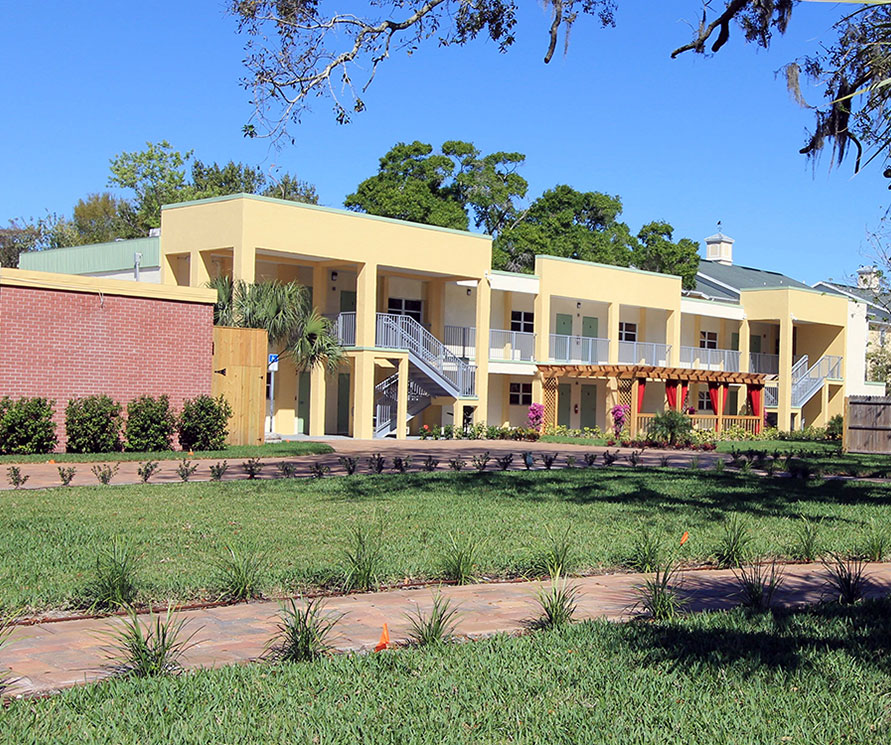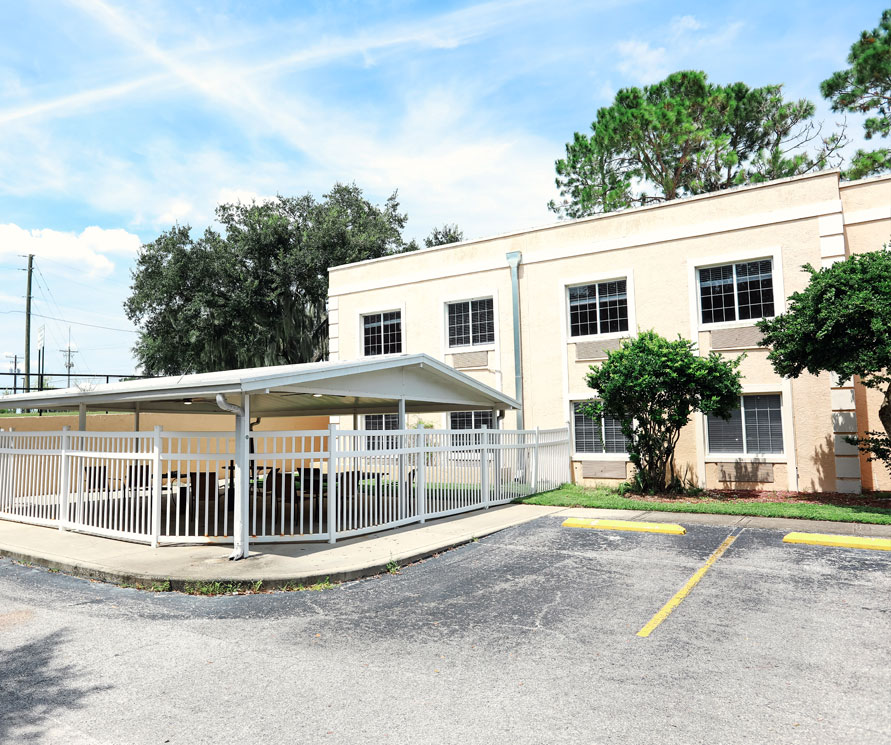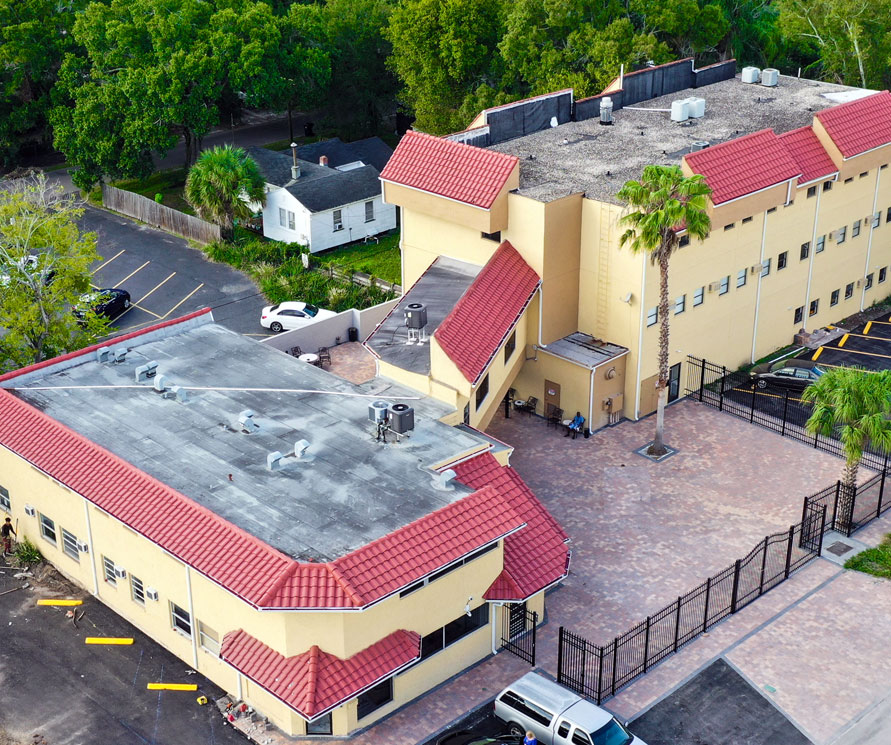Project Description
24-Hour On-Call Nursing Overview
Following an injury, surgery, or accident, we often lose control over part of our bodies. A broken leg, a hand tremor, a more difficult time simply communicating. At a time when you just want to be 100% again, you can’t. That’s where we come in. Your health is just as important to us as it is to you, and we provide a wide range of Medicare-aligned therapy services our seniors and patients need to return to their previous physical fitness, work, or lifestyle.
It’s our philosophy that the best-in-care practice is centered around continuity of care. Including physical, occupational, and speech therapy resources in our network helps us deliver a continuity of care for patients. Our therapists develop the relationships and take the hands-on approach required to help you recover following an injury or surgery. Whether you’re seeking care at home, in one of our communities, or elsewhere, we provide rehabilitative therapy using some of the state’s best physical therapists, occupational therapists, and speech-language pathologists.
When an older loved one begins struggling to maintain their safety and independence at home, families often begin searching for senior care options. Finding a solution that will keep the senior safe while allowing them to feel independent is usually the goal.
Fortunately, assisted living is a type of care that meets those criteria.
Answering Commonly Asked Questions about Assisted Living
Q: What is assisted living?
A: Assisted living communities are a popular option for older retired adults because they combine independence with assistance. Residents of an assisted living community appreciate having their own apartment or suite. This allows them to maintain their autonomy and independence while knowing the support of caregivers is nearby around the clock.
Q: What types of care and services are offered in an assisted living community?
A: Assisted living residents can receive help with personal care and the activities of daily living (ADL), including bathing, dressing, grooming, and toileting. Many also require support with medication management.
Well-balanced meals, healthy snacks, housekeeping services, laundry, transportation, life enrichment activities, and wellness programs are usually included in the resident’s monthly fee.
Q: How is an assisted living community different from a nursing home?
A: Families often think an assisted living community is just a fancier version of a nursing home. These two types of senior housing may seem similar, but are, in fact, very different. Assisted living communities focus on providing a level of support that is more custodial in nature and less medically complex. Residents usually need help with two or three activities of daily living: bathing, grooming, dressing, toileting or continence care, and transferring (i.e., from one chair to another).
Residents often need assistance managing their medications, too.
By contrast, residents of a nursing home have more complex medical needs. A resident might live with diabetes and need skilled nursing care to tend to chronic wounds. Or they might have an illness like chronic obstructive pulmonary disease (COPD) that requires support from a respiratory therapist.
Q: Does Medicare pay for an assisted living community?
A: The answer to this question is sometimes surprising for older adults and their loved ones: Medicare doesn’t help finance assisted living.
Medicare is a health insurance program designed to pay for the health care-related expenses of seniors and younger people who have disabilities. Because assisted living doesn’t meet that criteria, seniors and their families must rely on other types of financing for assisted living.
Q: Are residents allowed to have pets in assisted living?
A: Many assisted living communities allow pets, though there might be size restrictions. Some require the resident to manage their pet independently, while others offer services to help the senior care for their pet.
If you or your senior loved one has a pet that will be making the move too, ask the community for a copy of their pet policy.
Q: Do residents have to sign a long-term lease at assisted living communities?
A: Contracts and resident agreements differ from community to community. In general, most communities only require a month-to-month contract or lease.
Q: Can residents decorate their own apartment?
A: Yes! Communities typically welcome this as it helps the senior create an environment that looks and feels like home. Many assisted living communities also have staff members who help with space planning before the move.
Q: Are families welcome to visit a loved one in an assisted living community any time?
A: While assisted living communities usually have open visitation hours, they do ask families to remember the community is home for residents. Early morning or late-night visitors are encouraged to be respectful of other residents.
OUR COMMUNITIES
Join Over 500 Residents Enjoying Best Care Senior Living Now
Fill in the fields below to request a callback.




